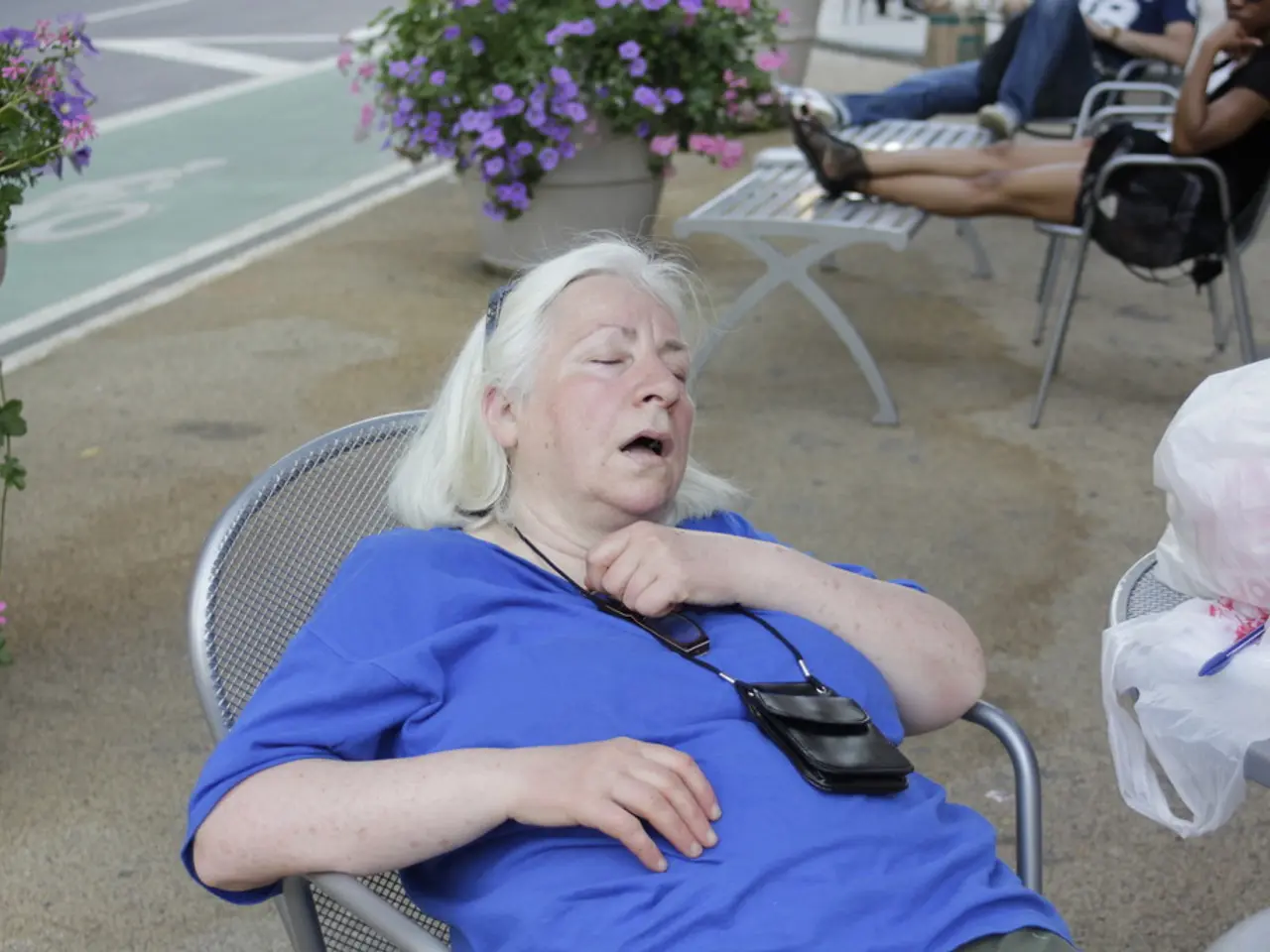Vacation Sleeping: A Necessary "Reset" for the Body, Not Indolence as Perceived
Vacations are a time for relaxation and rejuvenation, but they can also present challenges that affect our health and well-being. A new approach to vacationing can help ensure that you return home feeling refreshed and revitalized.
According to studies, constant snacking and excessive alcohol consumption during vacation can lead to heaviness, poor sleep, and weight gain. However, extra sleep during rest, such as weekends or vacations, can help us recover and recharge after a work marathon.
Regular physical activity is a powerful "anti-stress, anti-anxiety, and anti-depressive tool." A 1-1.5 hour walk at a comfortable pace without stops, 4-5 times a week, is recommended for physical activity during vacation. Treating vacation as a starting point for launching and maintaining healthy habits is beneficial.
Sleep is best regulated, and the body is best restored, when a vacation lasts more than 14 days. Dosing your sleep during the first 2-3 days of vacation is important for nervous system recovery. The body remembers every stolen hour of sleep, and sleeping longer during rest can change the quality of sleep, making it smoother and restoring the ability for deep, slow sleep.
Mindfulness in eating is crucial during vacation, with eating when hungry and avoiding endless snacking. Incorporating magnesium-rich foods (leafy greens, almonds, avocados) and natural sleep aids like tart cherry juice (which contains melatonin), while avoiding caffeine after noon and limiting evening alcohol consumption, can improve sleep quality.
During our rest, the REM (Rapid Eye Movement) sleep phase returns. This phase is crucial for good memory function and maintaining a lively mood, as well as processing emotions and organizing information and impressions we've gathered throughout the day.
Sleeping in during vacation can help reset our internal biological clocks, which are governed by circadian rhythms and are disrupted by stress and sleep deprivation. Cortisol, the stress hormone that wakes us up in the morning, normalizes during vacation, and sleep becomes more peaceful.
However, oversleeping for an entire vacation can lead to another problem, harmful to the nervous system and causing insomnia. Maintaining a daily routine (including sleep) during vacation is crucial for quality sleep.
Roman Buzunov, a somnologist, MD, professor, and author of the book "Intentional Calm," comments that many people return from vacation even more tired and with extra kilos. To ensure a restorative vacation, several measures can be taken:
- Prioritize sufficient, natural sleep without alarms to allow the body’s internal clock to realign to daylight and recover from stress-induced imbalances.
- Include rest and recovery days if engaging in physical activity to prevent overuse injuries and promote muscle repair.
- Optimize diet by incorporating magnesium-rich foods and natural sleep aids like tart cherry juice, while avoiding caffeine after noon and limiting evening alcohol consumption.
- Consider natural supplements such as magnesium, adaptogenic herbs (ashwagandha, reishi, passionflower), and amino acids like L-theanine to support relaxation and manage stress without sedatives.
Together, these strategies foster an environment that maximizes the physical and mental restoration benefits of vacation sleep and recovery routines, leading to enhanced energy, cognitive function, and overall well-being.
- Ensuring sufficient natural sleep during vacation can help the body's internal clock realign to daylight and recover from stress-induced imbalances, as suggested by somnologist, MD, professor, and author Roman Buzunov.
- Optimal health and well-being can be achieved on vacation through the inclusion of rest and recovery days, regulation of diet, and consideration of natural supplements such as magnesium, ashwagandha, reishi, passionflower, and L-theanine.
- Engaging in regular physical activity, such as a 1-1.5 hour walk at a comfortable pace without stops, 4-5 times a week, can act as an "anti-stress, anti-anxiety, and anti-depressive tool," while mindful eating and limiting late-day caffeine and alcohol can improve sleep quality during vacation.




